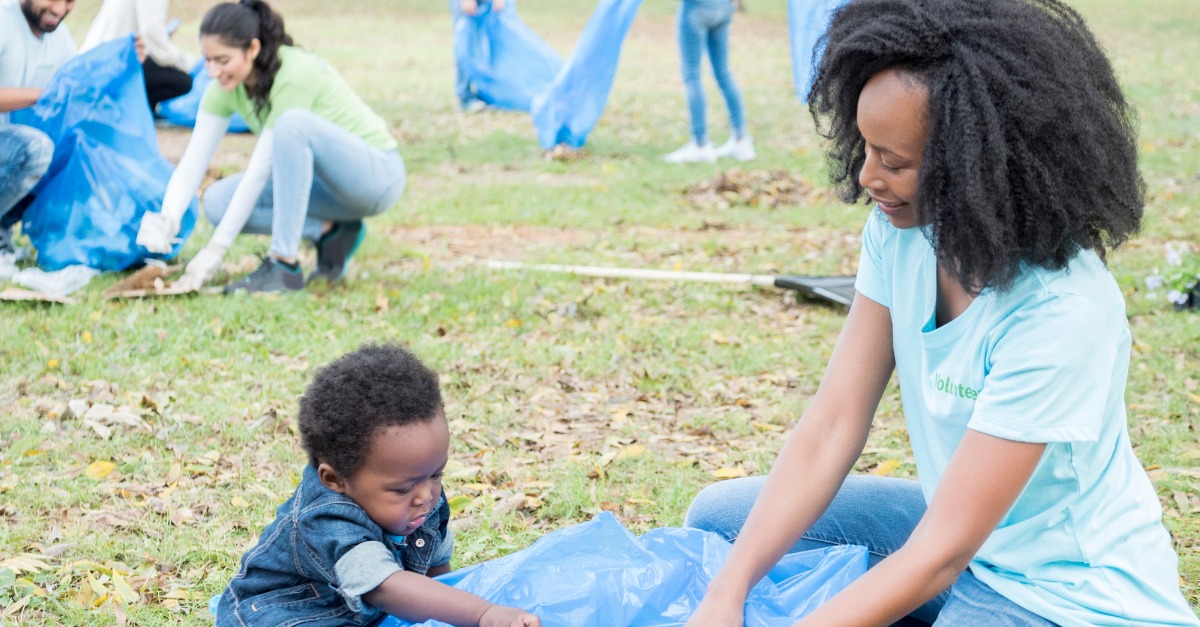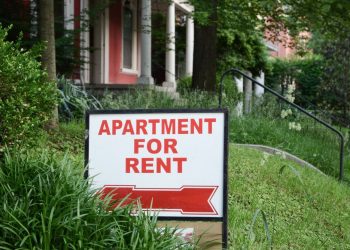A community that is filled with trash, broken appliances and other debris is an eyesore that can make people feel depressed and hopeless. A dirty and cluttered neighborhood is dangerous, particularly to children, and can invite further neglect and crime.
Local governments are responsible to some extent for cleaning up neighborhoods, but, in many cases, the majority of the burden falls on residents. Cleaning up a neighborhood can unite people behind a common goal and can improve the safety, health and outlook of everyone in the community.
How to Organize a Cleanup Effort
Talk to your neighbors about the current condition of the community. If you are frustrated and upset by the mess, it’s likely that others are, too. Once you have found a few like-minded individuals, you can reach out to others. Schedule a meeting to discuss a neighborhood cleanup project and post fliers, advertise on social media or go door to door talking to other residents to generate interest.
Set an ambitious but realistic goal. You might want to focus on cleaning up one part of the neighborhood or a public space, such as a park, that can be enjoyed by all. Depending on the amount of trash and your goal, you might be able to accomplish your objective in one afternoon or one weekend, or it might require a sustained effort over several weeks or months.
If you launch an ongoing cleanup project, you will likely attract more participants over time. As people hear about the work being done by others and see the positive changes in the neighborhood, they may be inspired to pitch in, even if they were not initially interested.
Ask for Government Assistance
Your local government may be able to help out in a variety of ways. The city might send trucks to pick up large items, such as broken appliances and damaged furniture, on a particular day. Volunteers can organize to help people who need assistance moving bulky items to the curb.
The city or town may also provide supplies that residents can use to clean up the neighborhood on their own. Those could include trash cans, recycling bins, dumpsters, brooms and gloves. Contact your municipal government, explain the goals of the group and ask what type of assistance is available.
Work Together to Revitalize Your Community
Organizing fellow residents to clean up the neighborhood can provide enormous benefits. In addition to making the community safer and healthier, it can provide a psychological boost that can have ripple effects. When people live in neighborhoods where they enjoy looking out the window and feel safe walking down the street, they feel more optimistic about life in general. When neighbors work together to achieve a common goal, they become more invested in their community and in each other, and more willing to cooperate in the future. Talk to your neighbors about organizing a cleanup effort in your community.











